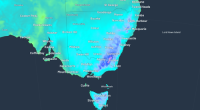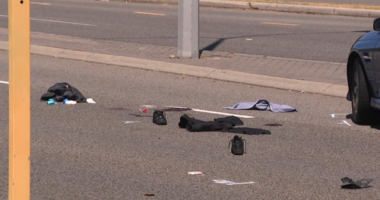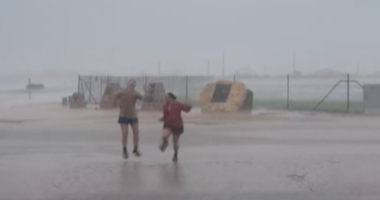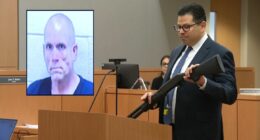Share this @internewscast.com
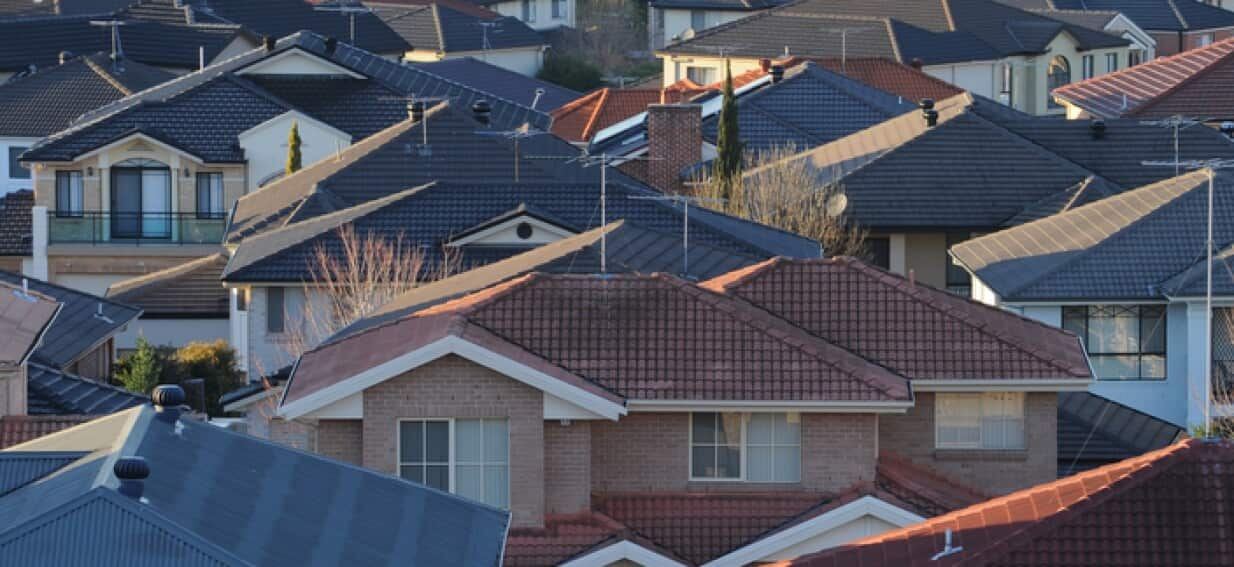
The second annual report by DANA’s National Centre for Disability Advocacy (NCDA), released on Tuesday, found what it called “shocking evidence” of exclusion and discrimination of Australians with disability across housing along with guardianship, transport and child protection.
‘We are still hearing these stories’
“I don’t think people with disability will be that surprised [with the findings] because we understand the barriers that so many of us experience in every single part of our community,” Gibbs said.
Housing causing ‘some of the most significant problems’
“We tend to be poorer as a community, more reliant on income support and less likely to be in work. So we face that affordability crisis even more than other Australians — but on top of that, we also have an accessibility crisis.”
“People are being forced to move long distances away, to find something that they can afford, but also really struggling to find accessible housing.”
‘We’re seeing that again’
“We’re seeing that again,” she said.
Advocates from multiple states and territories also stressed the “complexity” of accessing homelessness services.
The Queensland Disability Advocacy Network has set up a Housing Working Group to coordinate actions at a national level. The group provided a submission to the federal government’s National Housing and Homelessness Plan to ensure disability is a priority.
Guardianship, transport and child protection concerns
It also revealed transport barriers and child protection “inequities”.
Calls to address ‘chronic underfunding’
More broadly, Gibbs said organisations are seeing a “really big increase” in demand for their services.
